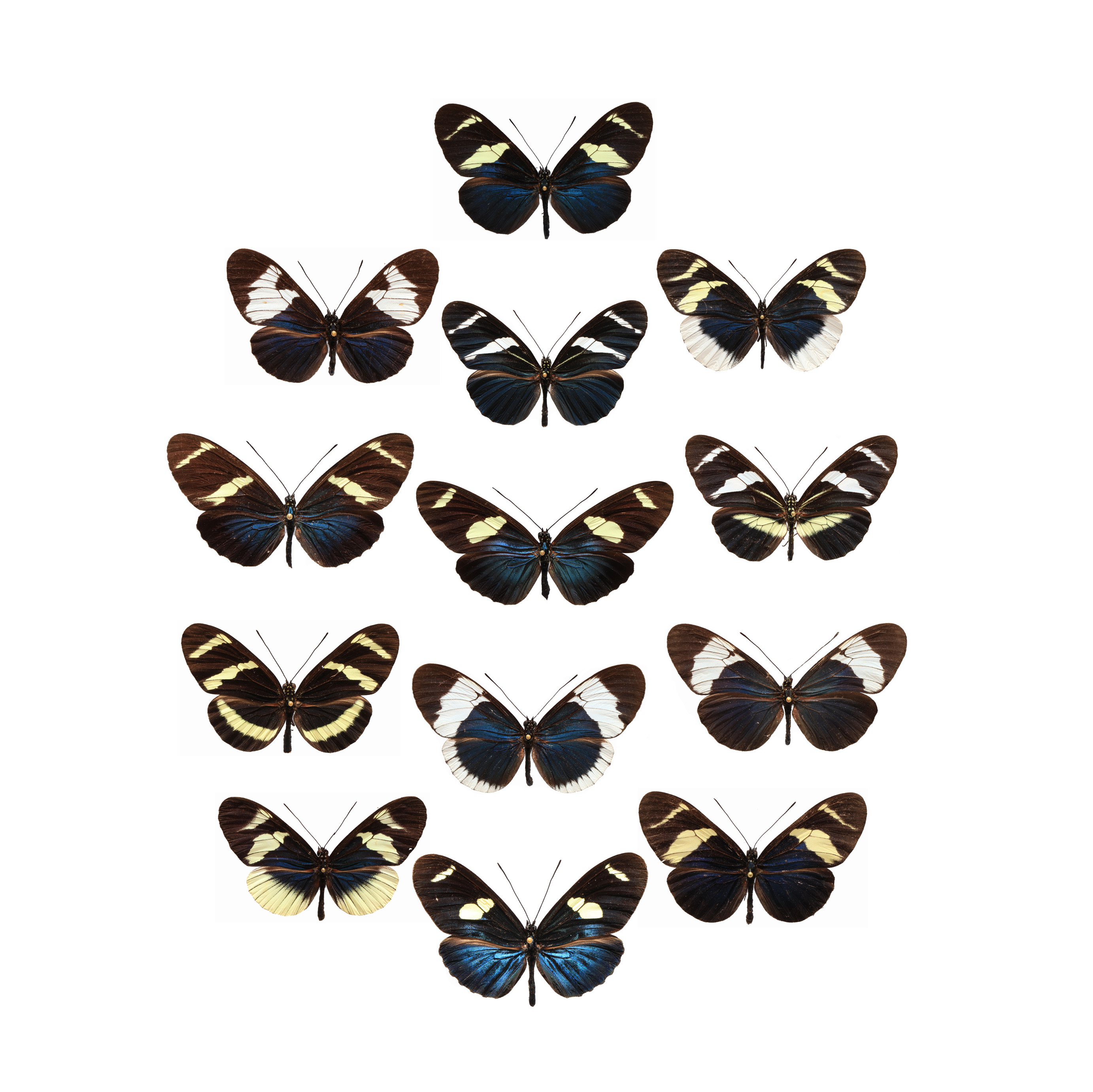
Sex chromosomes are evolutionarily labile in many animals, and fusion with an autosome is one of the mechanisms by which they can evolve. Sex chromosome-autosome (SA) fusions can reduce sexual conflict and promote adaptation and reproductive isolation among species. Recently, advances in genomics have fuelled the discovery of SA fusions in multiple vertebrates and in some invertebrates such as Lepidoptera.
As part of my PhD, I discovered multiple SA fusions in the sara/sapho clade of the classical adaptive radiation of Heliconius butterflies. These neotropical butterflies have up to 60 chromosomes, while the vast majority of the other Heliconius species have 21 chromosomes. This characteristic and their sequential fusions between autosomes and sex chromosomes make these butterflies an ideal system to study the role of neo-sex chromosomes in adaptive radiations and the degeneration of sex chromosomes over time.
During my postdoctoral fellowship, I will assemble the reference genomes of all sara-sapho species and multiple subspecies to investigate sex chromosome-autosome (SA) fusions and test long-standing theories about the impact of these fusions, such as degeneration over time. In addition to comparative genomic analyses, I will explore how these chromosomal rearrangements interact with selection and recombination.
My timeline
PhD in biological sciences, Universidad del Rosario
Postdoctoral fellow, Wellcome Sanger Institute
MSc in bhttps://scholar.google.com/citations?hl=es&user=qjh3-coAAAAJ&view_op=list_works&gmla=AJ1KiT39GqCM7xMz_HQ7EqshGclOquiUuM-srqmMMbuDU2GI32kc8imbohZpcAZ7kulvMIpMMEKpCu4aOrznBSqXvsvtGVeeF4r9FiIzreNJ3nYks1I2zFfqdZgoUqr7xqfYbKrQ7H2LlWThe7PO-5TWGXJEieAwMtWCtrE6LQIor3saG_tcNaIb4u3Ud593Q4vwn4Yiology, Universidad Nacional de Colombia
MSc in in conservation of species in trade.